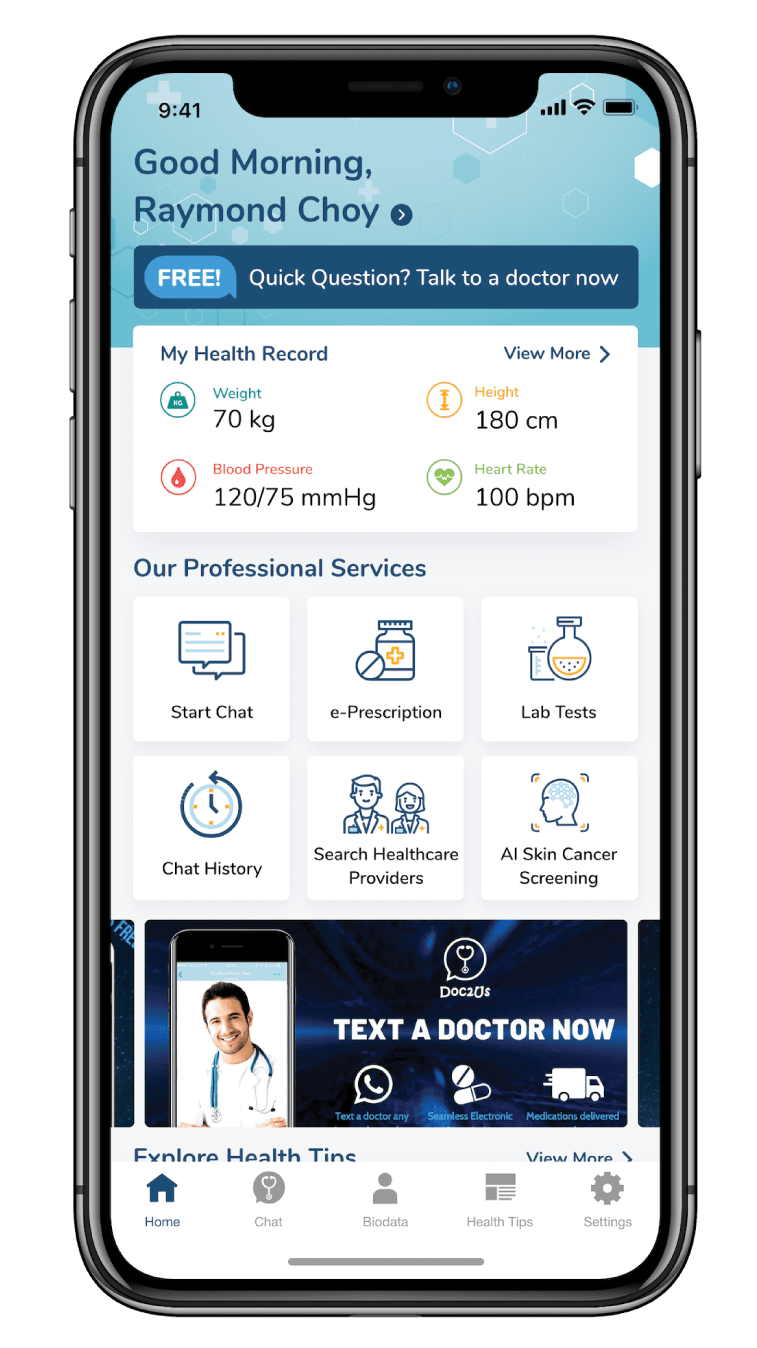Do you know what are these medications have in common?
Overview of painkillers
Well, collectively they are known as the analgesics, or as people call it, the painkiller. Painkillers are one of the most prescribed medications worldwide. It is certainly one of the most momentous creation in the medical field because pain is the last thing a human being wants to endure. Currently, there are different types of painkillers available in the market today: paracetamol, non-steroidal anti-inflammatory drugs (NSAIDs) and the opioids.
Paracetamol (or more commonly known as the Panadol®)
It is sufficed to say that Panadol® is perhaps the most widely known medication. “Fever ah? Take panadol lah!” “Feeling unwell? Eat panadol!” Indeed, when we experience fever or pain, we often go to Panadol® because they are affordable and accessible. But what exactly is Panadol®? There are various ingredients in Panadol®, but the primary ingredient that relieves your pain and fever (i.e. active ingredient) is called paracetamol. Paracetamol is effective in reducing fever and relieves mild to moderate pain in conditions such as headache, muscle pain and back pain. There are also many products in the market that contain paracetamol and other active ingredients to achieve better pain relief, such as Panadol® Extra and Panadol® Cold and Flu.
Overall, paracetamol has a better safety profile compared to other types of painkillers. Nevertheless, adults are only advised to take up to maximum 4g of paracetamol within 24 hours. You should always follow the directions of your doctor or pharmacist when taking paracetamol or giving paracetamol to a child.
Non-steroidal anti-inflammatory drug (NSAIDs)
There will be times when paracetamol is insufficient to manage your pain. Hence, your doctor or pharmacist is likely to give you one of the following:
These are some of the most common NSAIDs available in Malaysia. In painful condition which inflammation is involved, NSAID is a good option in treating moderate pain. However, NSAIDs are associated with many side effects, such as gastric pain and/or gastric bleeding and kidney injury. For those reasons, you should not take NSAIDs if you have a gastric problem or is undergoing dialysis. If you are an asthma patient, you should avoid NSAIDs as well because they can constrict your breathing airway. If you have been diagnosed with hypertension (i.e. high blood pressure), you should not use NSAIDs on a regular basis because it has been shown that NSAIDs can increase blood pressure, which can worsen your hypertension control and lead to increase risk of cardiovascular disease. Cardiovascular disease can manifest itself as myocardial infarction (‘heart attack’), angina (‘chest pain’) and stroke, to name a few. Taking NSAIDs long-term can also worsen your kidney performance, so it is not recommended to individuals who have kidney problems.
Opioids painkillers
Opioids are often associated with drug abuse. Indeed, the opioid epidemic in the United States is worrying. Nonetheless, opioid painkillers are useful in managing severe pain, such as pain associated with heart attack, cancer and severe neuropathic pain.
There are also seemingly ‘unusual’ treatment for certain types of pain called neuropathic pain, such as antidepressant and medications used for epilepsy.
With the exception of opioid painkillers, you can get paracetamol or NSAIDs in most of the clinics and pharmacies. If you have any painful condition, we highly encourage you to discuss it with your doctors or pharmacist. It is not a wise move to treat yourself with painkillers without the consultation of a healthcare professional. It is a ‘magic’ pill, provided that you use it wisely!
Have any pain in the body? Let us connect you to a doctor on Doc2Us!
Download the Doc2Us app today! Available in both the Google Play Store and Apple App Store.

References:
1. https://www.nhs.uk/conditions/nsaids/
2. https://orthoinfo.aaos.org/en/treatment/what-are-nsaids/
3. https://www.panadol.com.my/
4. https://www.nhs.uk/live-well/healthy-body/which-painkiller-to-use/








